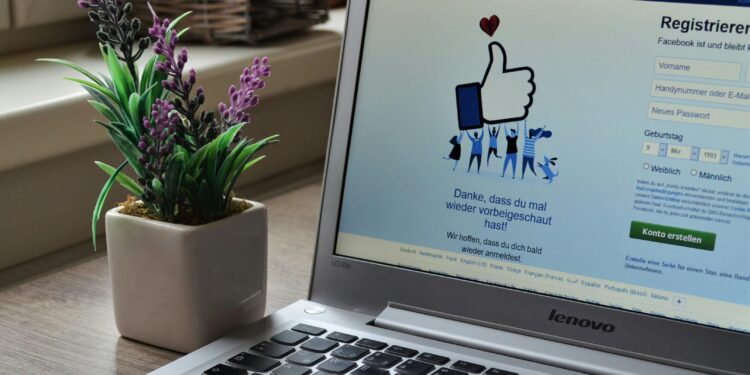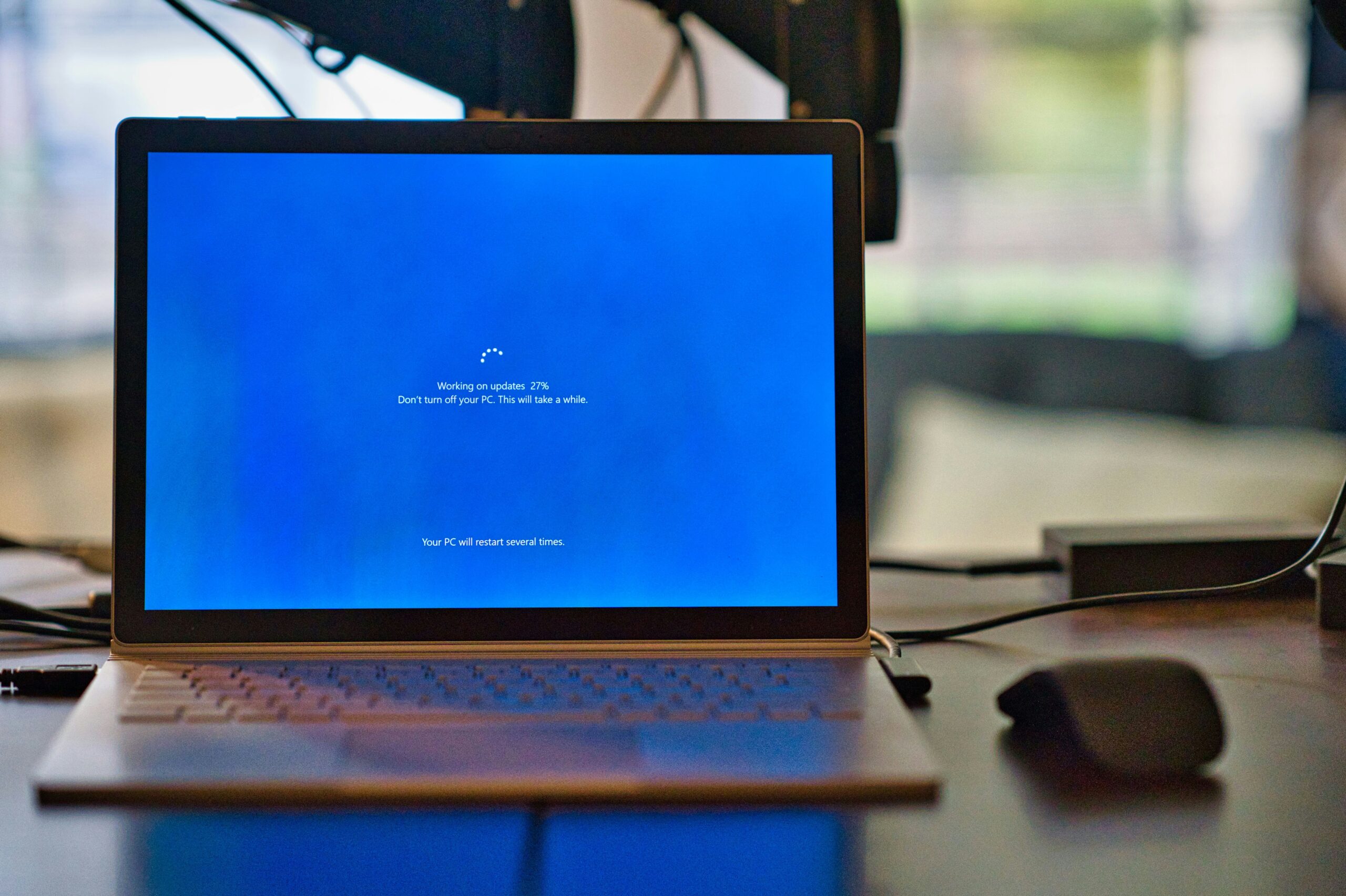How to Recover a Hacked Facebook Account Step by Step
If you suspect that your Facebook account has been hacked, it’s important to take immediate action to regain control and secure your personal information. Here’s a step-by-step guide on how to recover a hacked Facebook account:
1. Change Your Password
The first thing you should do if you believe your Facebook account has been hacked is to change your password. This will help prevent the hacker from accessing your account further. To change your password, follow these steps:
- Go to the Facebook login page and click on the “Forgot Password” link.
- Enter the email address or phone number associated with your account and click “Search”.
- Follow the on-screen instructions to reset your password. Make sure to choose a strong and unique password that you haven’t used before.
- Once you’ve changed your password, log in to your account and review your account settings to ensure everything is as it should be.
2. Secure Your Account
After changing your password, it’s important to take additional steps to secure your Facebook account. Here are some recommendations:
- Enable two-factor authentication: Two-factor authentication adds an extra layer of security to your account by requiring a verification code in addition to your password when logging in. To enable two-factor authentication, go to your Facebook settings and follow the instructions to set it up.
- Review your connected apps and websites: Check the list of apps and websites that have access to your Facebook account and remove any that you don’t recognize or no longer use. This will help prevent unauthorized access to your account.
- Check your active sessions: Facebook allows you to see the devices and locations where your account is currently logged in. Review this list regularly and log out of any sessions that you don’t recognize or no longer use.
- Be cautious of phishing attempts: Hackers often use phishing techniques to trick users into revealing their login credentials. Be wary of any suspicious emails, messages, or links that ask for your Facebook login information.
3. Contact Facebook Support
If you’ve followed the steps above and are still unable to recover your hacked Facebook account, it’s time to reach out to Facebook support for further assistance. Here’s how you can contact Facebook support:
- Go to the Facebook Help Center and click on the “Contact Us” button.
- Select the option that best describes your issue, such as “Hacked Accounts” or “Login and Password”.
- Follow the on-screen instructions to submit a support request. Provide as much detail as possible about your hacked account and the steps you’ve already taken to recover it.
- Wait for a response from the Facebook support team. They will guide you through the account recovery process and help you regain access to your account.
How to Tell if Your Facebook Account Was Hacked
It’s not always easy to tell if your Facebook account has been hacked, but there are some signs that you can look out for. Here are some indicators that your account may have been compromised:
- Unusual activity: If you notice any suspicious posts, messages, or friend requests that you didn’t initiate, it could be a sign that your account has been hacked.
- Changes to your account settings: If you find that your profile information, privacy settings, or email address associated with your account have been changed without your knowledge, it’s likely that your account has been compromised.
- Difficulty logging in: If you’re suddenly unable to log in to your Facebook account, it could be because a hacker has changed your password or locked you out of your account.
- Notifications of unrecognized logins: Facebook sends notifications when your account is logged in from a new device or location. If you receive these notifications and you haven’t logged in from the reported device or location, it’s a clear sign that your account has been hacked.
What to Do if You Still Have Access to Your Facebook Account
If you still have access to your Facebook account but suspect that it may have been compromised, here’s what you should do:
- Change your password: As mentioned earlier, changing your password is the first step you should take to secure your account. Choose a strong and unique password that you haven’t used before.
- Enable two-factor authentication: Adding an extra layer of security to your account by enabling two-factor authentication can help prevent unauthorized access.
- Review your account settings: Check your account settings to ensure that your profile information, privacy settings, and connected apps are all as they should be. Make any necessary changes to secure your account.
- Scan your device for malware: Run a thorough scan of your device using reputable antivirus software to check for any malware or keyloggers that may be compromising your account.
- Monitor your account activity: Keep an eye on your account for any suspicious activity and report it to Facebook immediately.
How to Recover a Hacked Facebook Account That You’ve Been Locked Out Of
If you’ve been locked out of your hacked Facebook account and can no longer access it, don’t panic. Follow these steps to recover your account:
- Visit the Facebook login page and click on the “Forgot Password” link.
- Enter the email address or phone number associated with your account and click “Search”.
- Click on the option that says “No longer have access to these?”
- Follow the on-screen instructions to provide additional information about your account and verify your identity.
- Once you’ve successfully verified your identity, Facebook will guide you through the process of recovering your account.
How to Report Someone Impersonating You on Facebook
If you discover that someone is impersonating you on Facebook, it’s important to report it immediately. Here’s how you can report someone impersonating you:
- Visit the profile of the person impersonating you.
- Click on the three dots (…) next to their profile picture and select “Find Support or Report Profile”.
- Follow the on-screen instructions to report the profile to Facebook.
- Provide any additional information or evidence that can help Facebook investigate the impersonation.
- Facebook will review your report and take appropriate action to remove the impersonating profile.
How to Protect Your Facebook Account from Hackers
Preventing your Facebook account from being hacked is crucial to safeguard your personal information and maintain your online privacy. Here are some tips to help protect your Facebook account from hackers:
- Use a strong and unique password: Avoid using common passwords and choose a combination of letters, numbers, and symbols. Regularly update your password and avoid reusing it for other accounts.
- Enable two-factor authentication: Two-factor authentication adds an extra layer of security to your account by requiring a verification code in addition to your password when logging in.
- Be cautious of phishing attempts: Be wary of any suspicious emails, messages, or links that ask for your Facebook login information. Avoid clicking on suspicious links and never share your password with anyone.
- Keep your device and software up to date: Regularly update your device’s operating system and install the latest security patches. This will help protect against known vulnerabilities that hackers may exploit.
- Review your privacy settings: Take the time to review and adjust your privacy settings on Facebook. Limit the amount of personal information that is visible to the public and only accept friend requests from people you know.
- Use trusted devices and networks: Avoid logging in to your Facebook account from public or unsecured Wi-Fi networks. Stick to trusted devices and networks to minimize the risk of your account being compromised.
Keep Your Social Media Accounts Safe from Scammers
While Facebook is a popular target for hackers, it’s important to protect all of your social media accounts from scammers. Here are some general tips to keep your social media accounts safe:
- Use strong and unique passwords for each account.
- Enable two-factor authentication whenever possible.
- Be cautious of phishing attempts and never share your login information with anyone.
- Regularly review and update your privacy settings.
- Monitor your account activity for any suspicious behavior.
- Report any scams or suspicious accounts to the respective social media platform.
By following these tips and taking proactive measures to protect your accounts, you can minimize the risk of your social media accounts being hacked or compromised by scammers.








